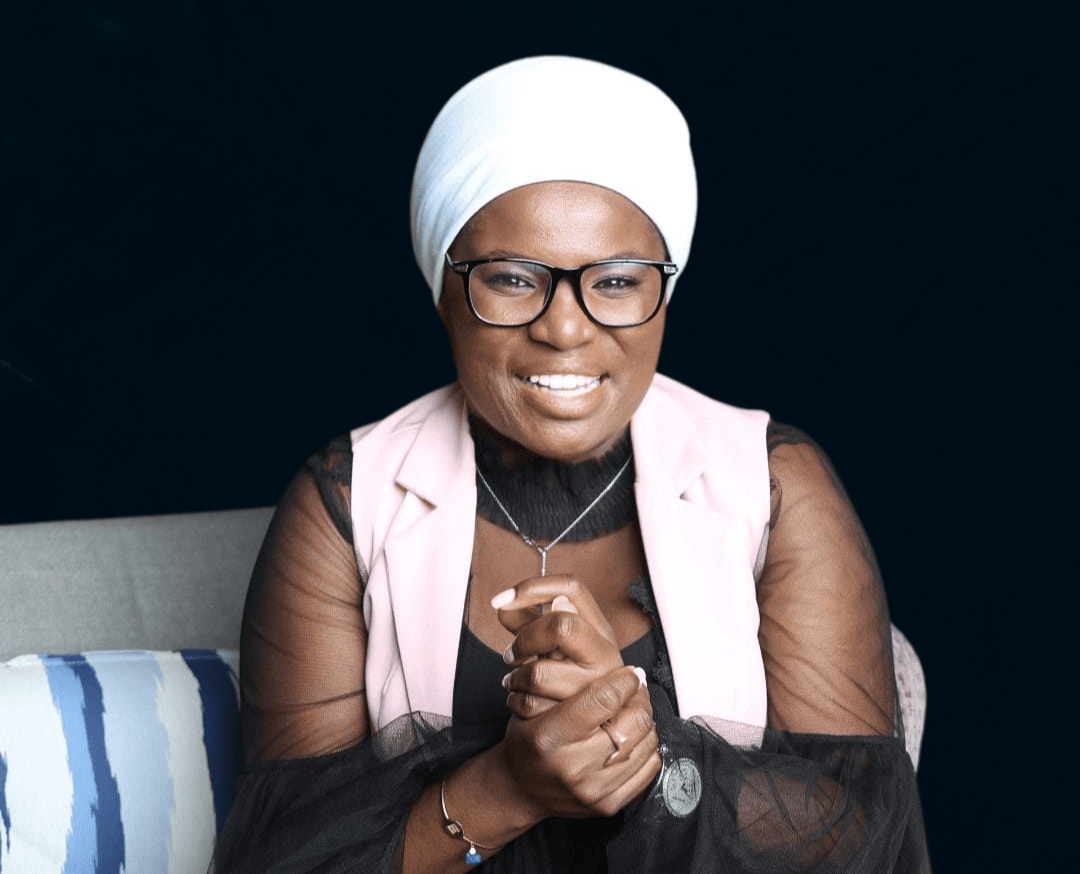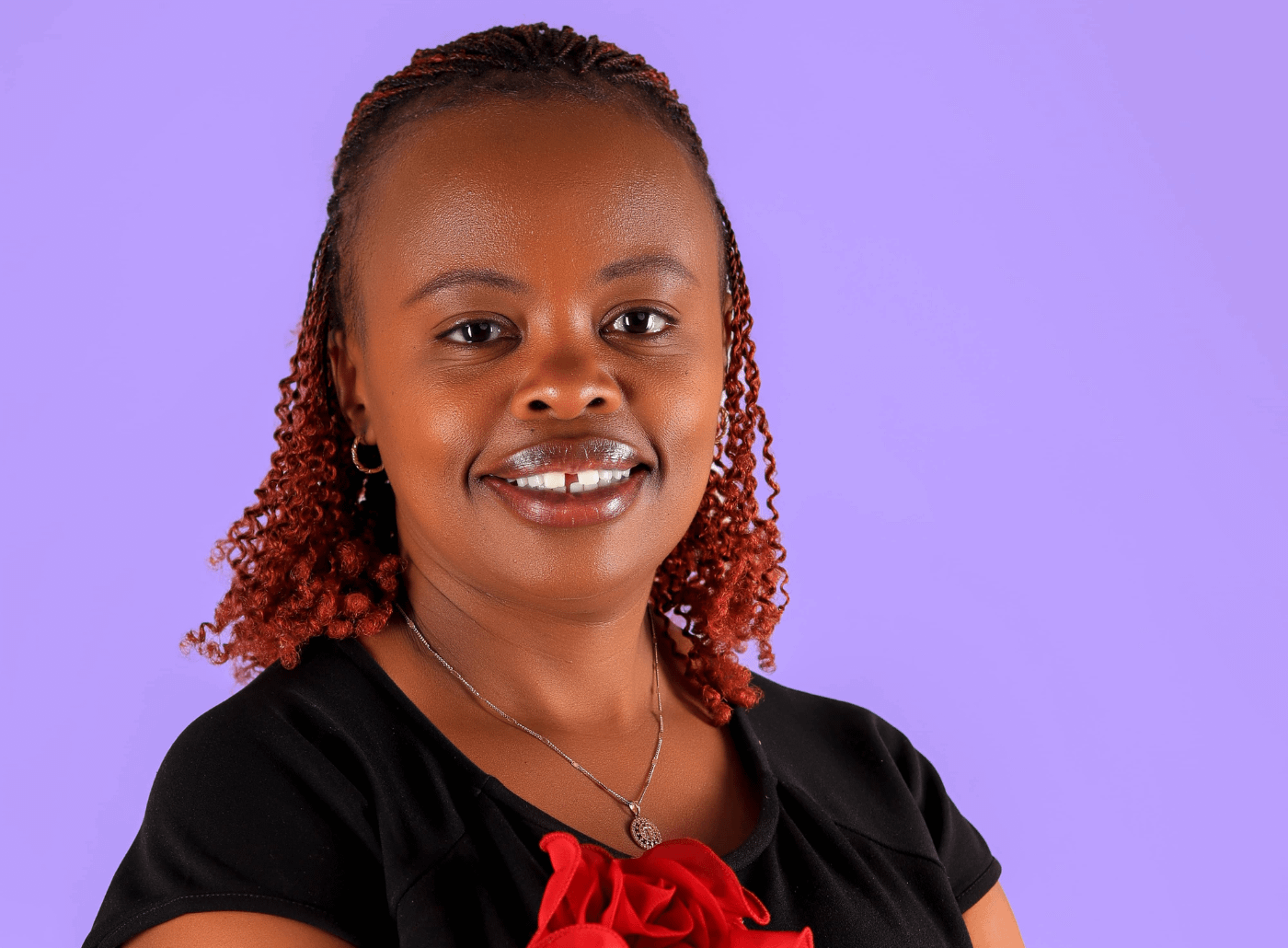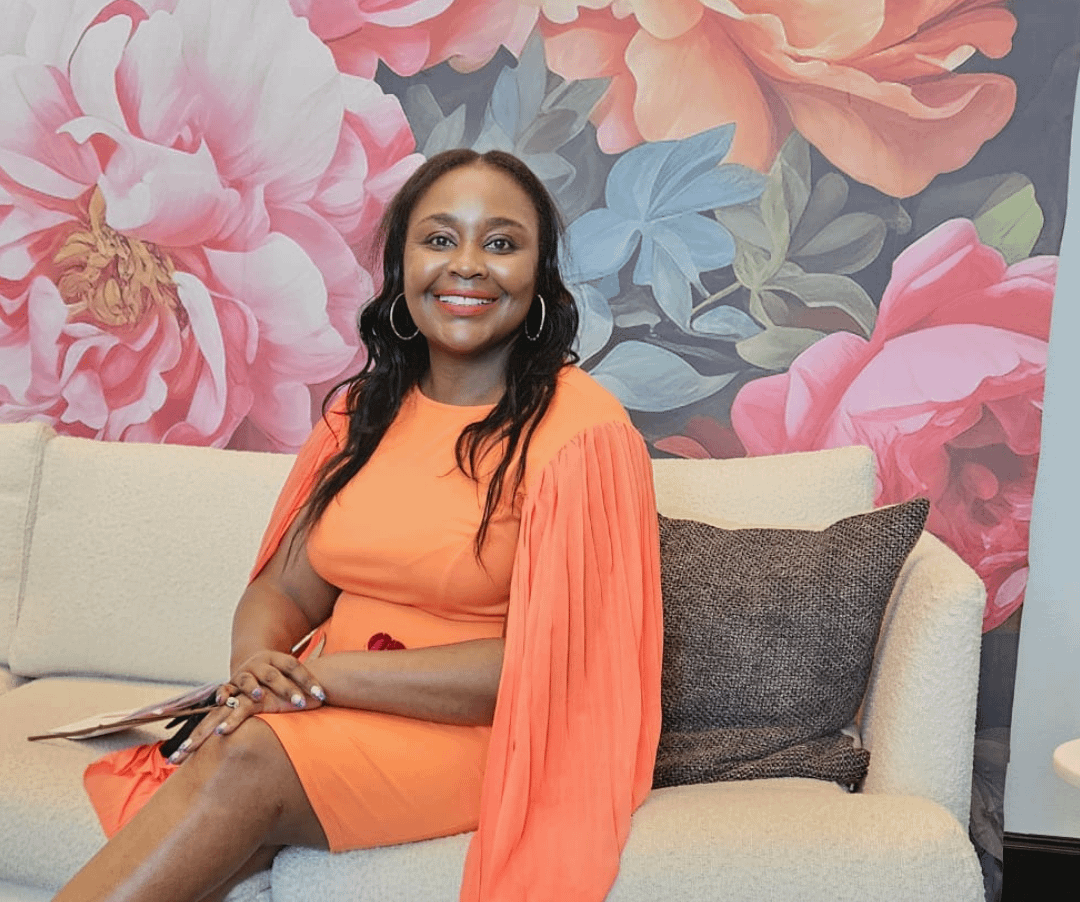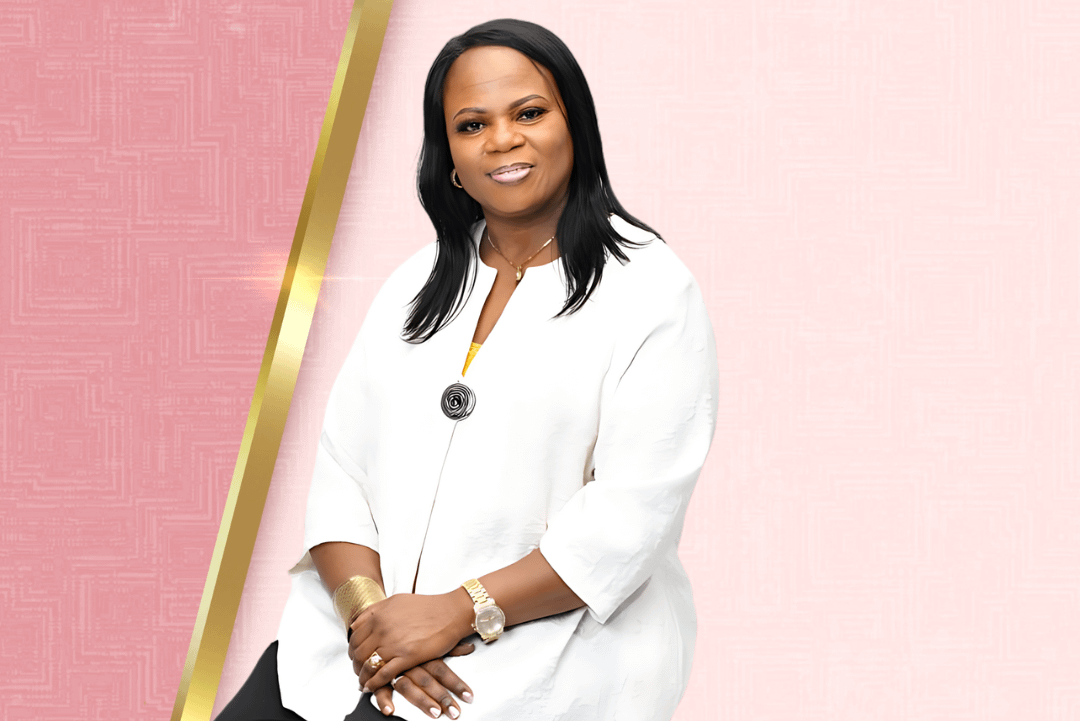Mind Your Womb: Stop Asking Women When They Are Having Children
Stop asking women about their plans for motherhood. Discover why it’s essential to respect women’s choices about having children.
Challenging Cultural Norms with the ‘Majuu Diaries’ Podcast
Wairimu and Njeri, the dynamic duo behind the podcast ‘Majuu Diaries,’ bring an authentic, fun, and vibrant energy to every episode. They are of African heritage and currently reside in the USA where they discuss real-life issues that resonate with people like you and me.
Their vibe, paired with quiet boldness, shines through everything—from their studio setup to their outfits’ rich, bold colors. Their conversations are warm and welcoming. They’re not afraid to push buttons, addressing some not-so-cool cultural beliefs.
Although I have yet to have the chance to listen to every episode, Episode 25 stands out as a powerful commentary on African culture and its deeply rooted views on motherhood.
The Pressure of Motherhood in African Culture
For those unfamiliar with the African background, here’s a quick primer: As a young woman, after you finish college and get a job, it’s expected that you’ll meet Mr. Right, fall in love, get married, and have children.
Marriage and kids are huge. Even for those who never went to college, the expectation is to get married, settle down, and bear children. Once you’re married or in a relationship, people quickly ask when you’ll have a baby. As they say, “When are we coming to drink porridge for the baby?” (“gucugia mwana”) or (celebrate the newborn)
What makes this episode so compelling is the inspiring courage of Wairimu and Njeri. They fearlessly get into some of the misunderstood cultural perceptions surrounding motherhood—the challenges, the sacrifices, and the societal pressures that come with it.
“Mind Your Womb”: A Powerful Message of Respect
Their phrase, “Mind your own womb,” carries a significant impact. It’s a powerful reminder that everyone’s journey is unique, and we must remain sensitive to the fact that not everyone walks the same path. Wairimu and Njeri emphasize that while motherhood can be a beautiful and fulfilling experience for some, it’s not a choice everyone is ready or willing to make—and that decision must be respected.
As I listened, I found myself nodding in agreement. This is something I’ve experienced firsthand, lol. Soon after I got married, people asked when they’d come for the baby shower. We often forget that we don’t always know what a couple might be going through when we ask those questions. And quite frankly, there are those who do not want kids, and this, too, should be respected.
They also get into how this question is a common source of stress for many married African women. Many couples want children but may be quietly dealing with infertility, or they might have faced the heartache of a miscarriage. Wairimu and Njeri poignantly point out that not every woman conceives easily. While some may become pregnant quickly, others endure years of waiting, often suffering in silence.

One of the most troubling aspects of this issue is that insensitive questions about childbearing often come from places where one would expect support and understanding.
The Heartbreaking Reality of Insensitive Comments
Wairimu shares a particularly painful experience that occurred in her church, a place that should have been a sanctuary of comfort. Shortly after suffering a miscarriage at the height of the COVID-19 pandemic, a woman from her congregation approached her and asked when she was “going to give her husband a child.” This insensitive question, asked without any knowledge of Wairimu’s recent loss, shows how deeply ingrained these expectations are in our culture, even in supposedly supportive environments.
In another pivotal moment, Njeri opens up about the mixed reactions she receives when she shares that she doesn’t want children or doesn’t feel ready for them. Some people are shocked; others try to convince her otherwise. A few even question her choices. The other host is supportive, validating her decisions and reminding everyone that no one should be shamed into motherhood—it is a personal choice and responsibility and should be respected.
Why We Need to Stop Asking Women About Having Children
Their message is clear: Be kind, mindful, and respectful of boundaries. If someone hasn’t shared their journey with you, enjoy their company, with or without children, and resist the urge to ask intrusive questions.
The Takeaway: Let’s Respect Each Other’s Choices
We must keep boundaries and approach these conversations with empathy and understanding. Whether someone chooses to have children or not, we should respect that. Whether they’re struggling in silence or rejoicing in their own time, that is their business, and every journey is valid. Let’s be mindful of one another and respect people’s choices.
And most importantly, let’s create a culture where it’s okay to talk about these issues openly, without judgment or pressure, so those struggling don’t have to suffer in silence.
Related: How I Overcame Parenting Challenges To Raise Godly Kids
Watch the Full Episode Here:
Njeri and Wairimu’s powerful discussion on “minding your womb” is available on their ‘Majuu Diaries’ podcast. Watch the full episode here:






